We live in a golden age of connectedness, spending an average of two hours and 24 minutes on social media each day. Yet, we’re lonelier than ever, and the growing prevalence of loneliness is more than just sad; it’s a serious health issue with social isolation a significant determinant of poor health.
In the United States alone, more than one-third of adults 45 and older report feeling lonely, and almost a quarter of those over 65 are considered to be socially isolated. It makes sense. As we age, we tend to lose the people, places, and things that bring us together the most. Children grow up and move away; careers come to an end; health declines and activities once cherished are by necessity abandoned.
The young aren’t immune, either. A 2018 survey of more than 20,000 U.S. adults found that people aged 18-25 report the highest levels of loneliness — and that was before the COVID-19 pandemic.
Many experts speculate the loss of a “third place” is, at least partially, to blame. In the pre-digital era — and especially pre-COVID-19 — most people divided their time between home, work outside the home, and a third social locus: church, a favorite watering hole, a weekly club.
Now, many of us live at home, work at home, exercise at home, and socialize digitally at home. And with solitary living on the rise — 27.6% of U.S. households were single-person in 2020 — a quarter of Americans interact with others primarily through screens.
For many, it is poor health — such as that associated with aging or chronic disease that reduces mobility or activity levels — that leads to loneliness and isolation.
But it works the other way around, too: socially isolated people statistically exhibit poor self-care. For example, they’re more likely to smoke and suffer from eating disorders, and less likely to exercise.
There is a direct association between loneliness, coronary heart disease, and stroke mortality — and not just because those at risk for such things are more likely to be socially isolated, such as the elderly or hospitalized. Data also shows a connection between social isolation and damage to the body resulting from chronic stress, as indicated by inflammation and cardiovascular markers.
Loneliness has also been shown to alter cellular function, increase cortisol (stress hormone) and promote incidence of Alzheimer’s disease, stroke, and hypertension, in addition to being linked to all-cause mortality.
We already know most interventions for chronic disease focus on symptom management rather than addressing the root problem. Otherwise, heart disease wouldn’t be the world’s leading cause of death. And if basics like sound nutrition and exercise take a back seat to prescriptions and injections, who’s going to recommend making friends as a health intervention?
But there is a place where you can treat the whole problem all at once: JCFit. It is indisputable that a regular, consistent, exercise routine, focused on functional fitness, dramatically and effectively improves physical health.
In countless individuals around the world, functional movements performed at relative high intensity, in conjunction with a diet of meat, vegetables, nuts, seeds, some starch, little fruit, and no sugar, has reversed Type 2 diabetes, hypertension, obesity, and more. It has had a measurable impact on biomarkers related to chronic disease across the U.S. It has even been reported that it reversed the symptoms of Parkinson’s disease.
What makes these results even more potent — and lasting — is that they are forged in the context of community.
It begins simply enough: most people who workout at JCFit attend the same class at the same time of day with the same people. Familiarity turns to friendship; friendship to something like kin. Workout buddies become the people who help you move house; who support you when tragedy strikes; who celebrate your successes and pick you up after your failures. The gym becomes a second home, that missing third place.
Authenticity, humility, respect, belonging, camaraderie; this culture flourishes. Tight, lifelong bonds form. When we show up honestly and imperfectly and stretch ourselves to our limits; when we celebrate each other, when we succeed and pick each other up when we fall, community is a natural outcome. A community that extends beyond the walls of the gym, just like the results we gain from our efforts within it.
If you would like to find a group of new friends, with benefits (improved Health, Happiness and Performance) book a No Sweat Intro with us and to chat about your goals and how we can help you.


